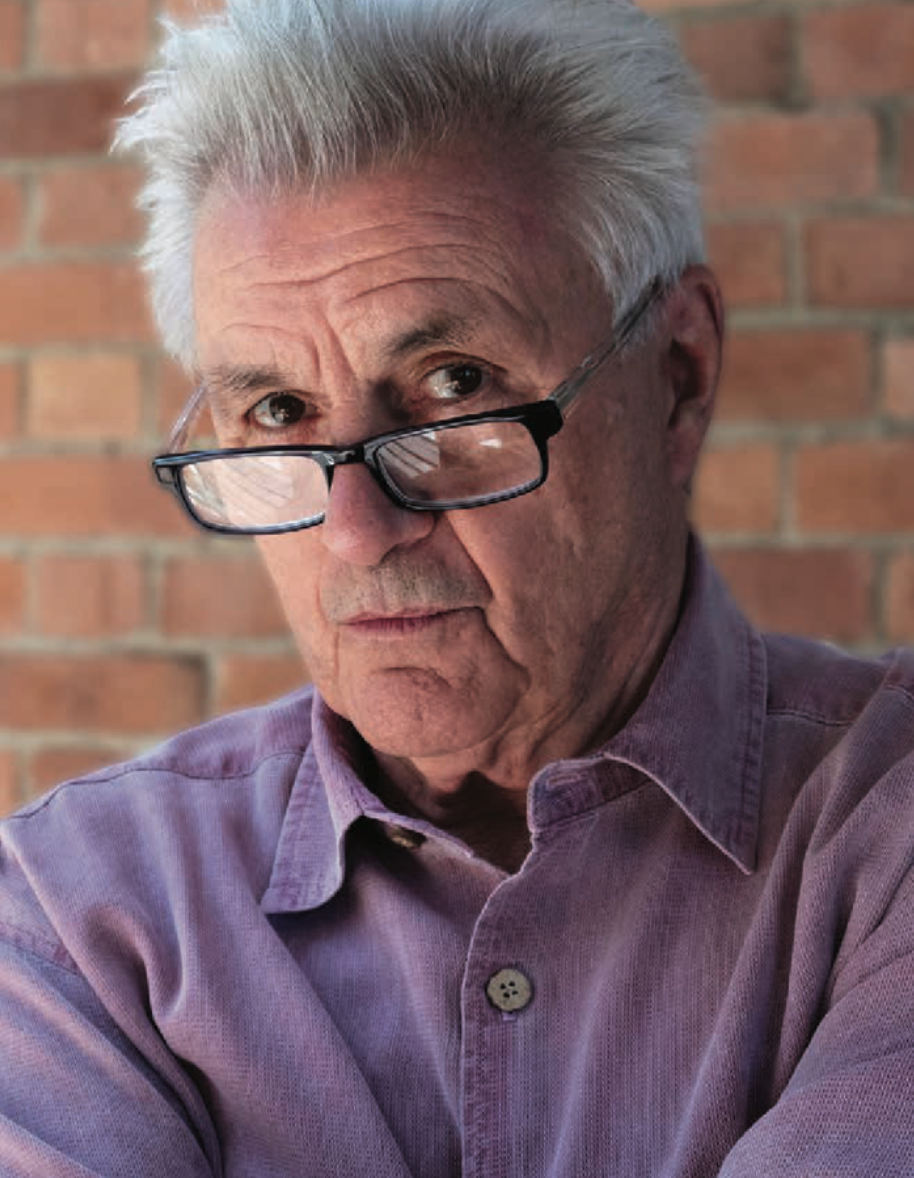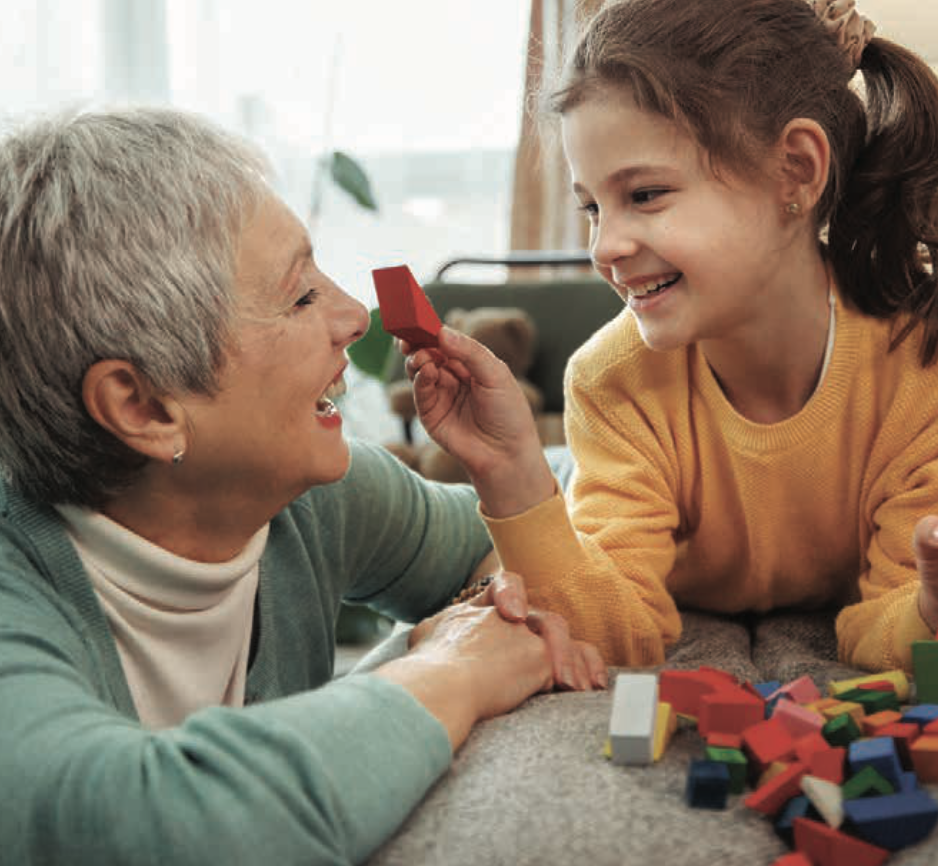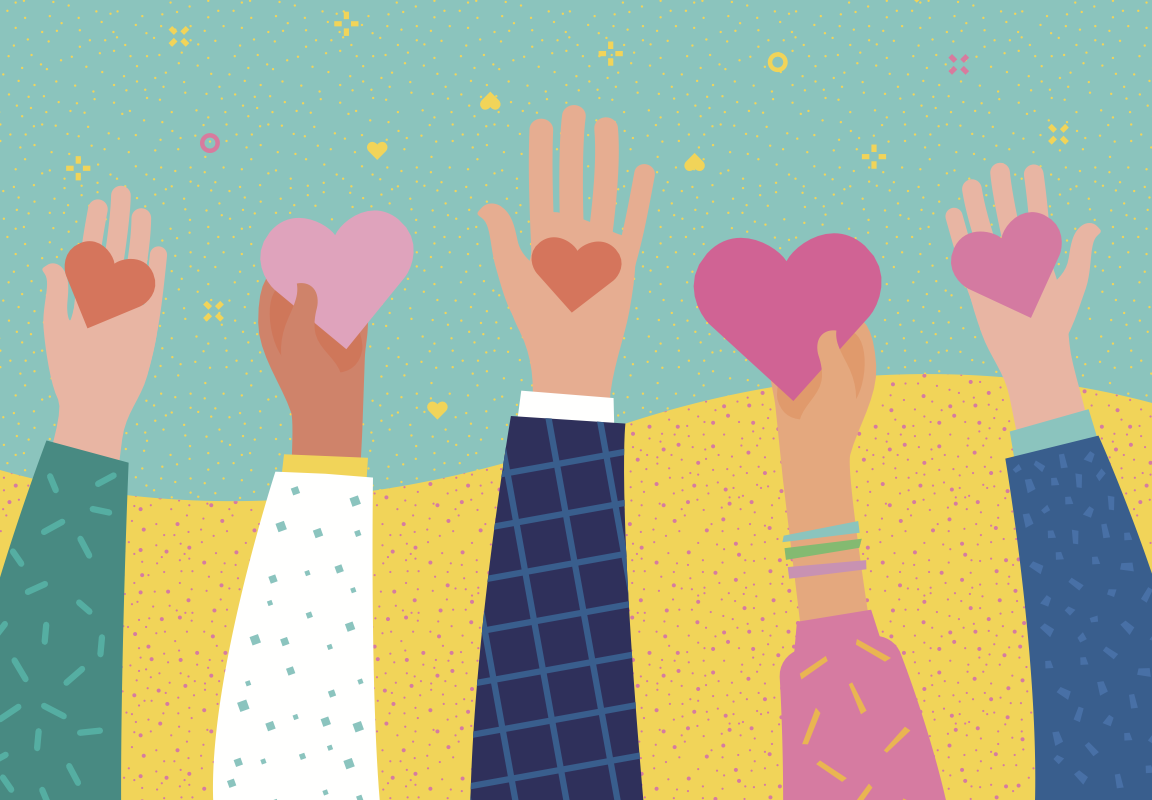By Marie-Josée Roy
Like romantic relationships, friendships can change over a lifetime; the end of a friendship may be upsetting, but it’s also a golden opportunity to get to know yourself better
From a very young age, human beings develop ties with others, whether at daycare, at school, or in the neighbourhood. Some of these relationships become friendships, which can be lasting—or not. “Our friendships say a lot about us because they are bonds we develop with people whose interests and ways of thinking are similar to ours,” says Nafissa Ismail, an associate professor and the Research Chair in Stress and Mental Health at the University of Ottawa. It’s no accident that our closest friends are often those who know us best.
“With a friend, we’re free to have conversations without the fear of being judged. We feel very at ease in this kind of situation.”
Friendships in Our Image
Who can claim that they haven’t changed? The friends you were close to in your 20s aren’t necessarily the same friends you have today, because your priorities, your interests, and your outlook on life have evolved over time. “Accepting this allows you to grow as a person,” Ismail says. “Because of these changes, you can come to realize that you’re having trouble being yourself and having meaningful conversations with people you used to consider close friends.”
Some also prefer to close the door on friendships that they see as harmful. “With age and life experience, people are seeking peace and tranquility; you know that you don’t want to tolerate toxic friendships and so you let go of them,” she adds.
When do you know it’s time to end a friendship? “When a relationship has become a burden, when you feel uncomfortable spending time with a person, when they give you destructive criticism—when the other person blames you but never questions their own actions—these are signs that the relationship can’t evolve,” explains Nathalie Parent, a psychologist and author.
An Emotional Ride
Whether you were the cause or not, the end of a friendship can resemble a romantic breakup. You may feel the need for a period of grieving to make peace with the end of a relationship that has been significant in your life. “If you didn’t choose for the relationship to end, you may feel abandoned, rejected, or betrayed,” Parent says.
“There can also be sadness, anger, and a sense of powerlessness. It really calls into question your values and the kind of relationships you want. You need to take the time to accept your emotions. When there’s a break in a friendship, it’s normal to still think about the other person, to recall good and not-so-good memories.”
As in a romantic breakup, the end of a friendship often requires some explanation between the two parties. “You need to take the time to talk about it, especially if it was an important friendship,” Parent advises. “You can see if there’s a way to move forward despite the differences, but if the relationship is over, it’s best to state that openly. However, if it’s a case of naturally growing apart, you don’t need to make it official.”
A Learning Opportunity
There are upsides to the end of a friendship, as these situations help to shape our personality and our tastes. “It helps us to better define what we are looking for in a friend, which types of people suit us best,” Ismail explains. “It’s important to know who we get along with as well as with whom we can speak freely without fear of being judged.”
In love as in friendship, people tend to repeat the same patterns and get attached to the same kinds of people, for better or for worse. “Relationship patterns are created starting in early childhood,” Parent says. “Even before ending a friendship, it’s useful to look at what’s being repeated in that relationship— what you’ve already experienced with other people.”
If a friendship has been ended by a death, it’s especially important to allow time for grieving. Cherishing a friendship that meant so much to you helps you to remember the person you’re missing. “You need to realize that even if the friendship has ended, it’s still there, and it will continue to live on in you,” Parent says. “You’ll have happy memories that will stay with you forever.”
How to Bury the Hatchet
When the end of a friendship stems from a conflict and not from simply growing apart, it’s natural to want to clean up the mess. Once the dust settles, the two parties can benefit from having a frank conversation, whether or not it leads to reconciliation. “You can never start again from zero,” psychologist Nathalie Parent says. “There’s always going to be a history, and you can’t erase that. But you can try to reconnect. You have to recognize that on the other person’s side, there have been injuries, a sense of rejection, misunderstandings….
If you want to reconnect with that person, you can start by explaining your experience of what happened, what you understood.” Did you say too much, or did your behaviour towards the other leave something to be desired? The time has come to apologize.
“With life experience comes the ability to recognize your mistakes,” explains Nafissa Ismail, an associate professor at the University of Ottawa. “You’re mature enough to see what you did wrong, weather the storm, and reconnect with the other person. Both parties know and understand themselves better, and they can therefore more easily adapt to each other.”






